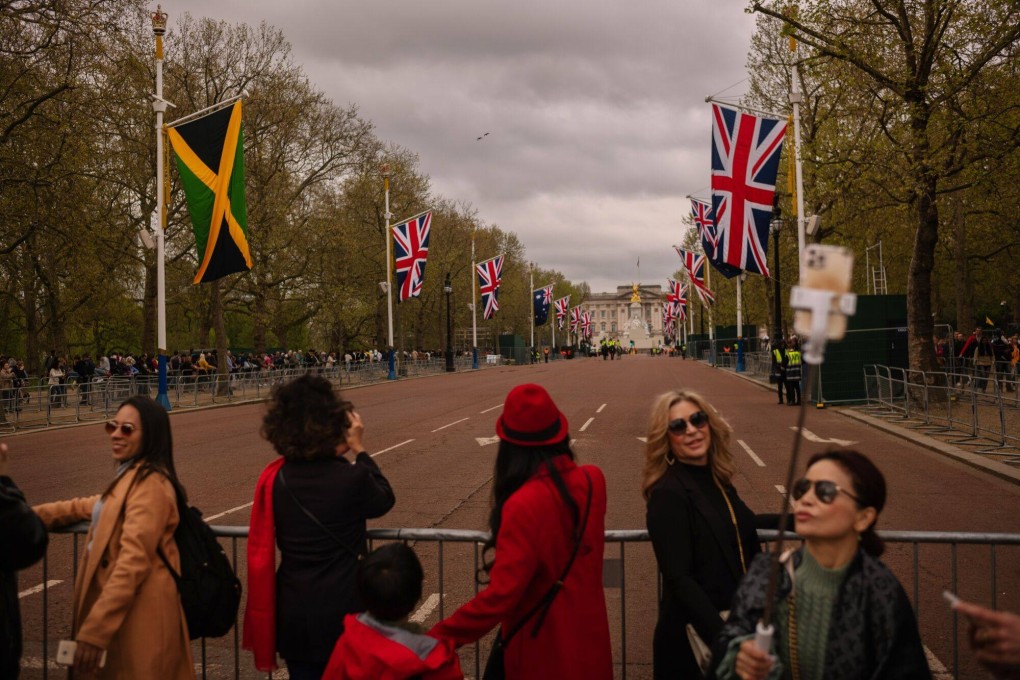Opinion | Why Australia and New Zealand could become republics – and still stay in the Commonwealth
- There is a common assumption that both nations must remain monarchies to retain membership of the Commonwealth of Nations
- But there is no basis for it in the rules of the Commonwealth or the practice of its members

In particular, there is a common assumption that both nations must remain monarchies to retain membership of the Commonwealth of Nations. It might sound logical, but it is entirely wrong.
There is no basis for it in the rules of the Commonwealth or the practice of its members. Australia could ditch the monarchy and stay in the club, and New Zealand can too, whether it has a king or a Kiwi as head of state.
Yet this peculiar myth persists at home and abroad. Students often ask me about it when I’m teaching the structure of government. And just this week a French TV station interpreted the New Zealand prime minister’s opinion that his country would one day ideally become a republic to mean he would like to see it leave the Commonwealth.
What does ‘Commonwealth’ mean?
The implication that breaking from the Commonwealth would be a precursor to, or consequence of, becoming a republic relies on a faulty premise which joins two entirely separate things: the way we pick our head of state, and our membership of the Commonwealth.
